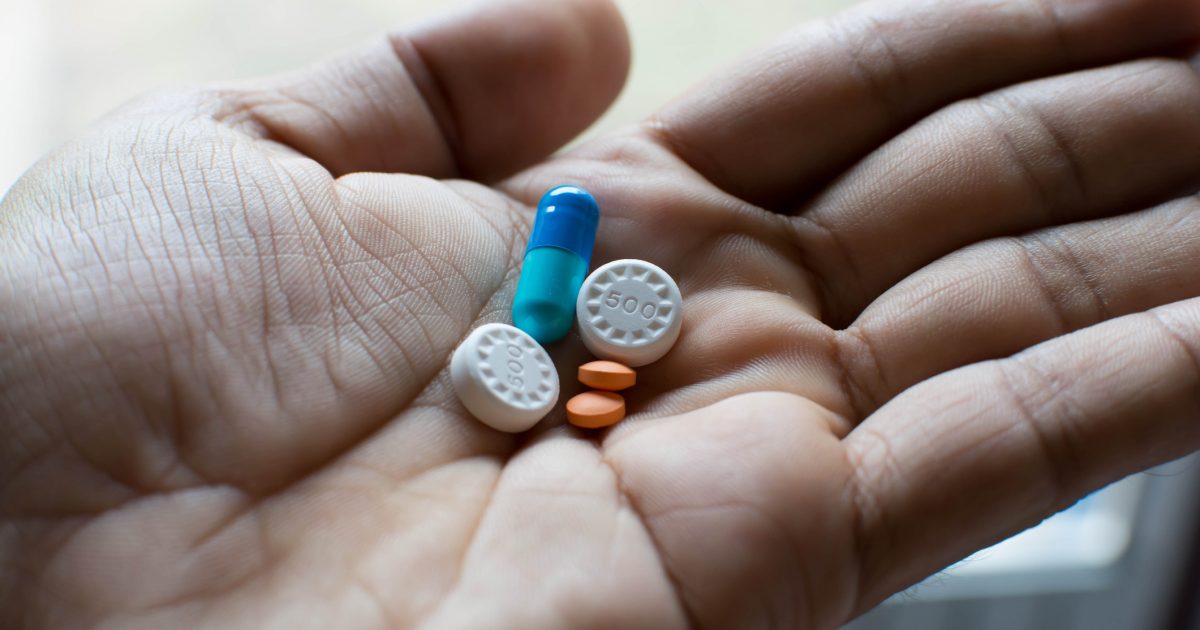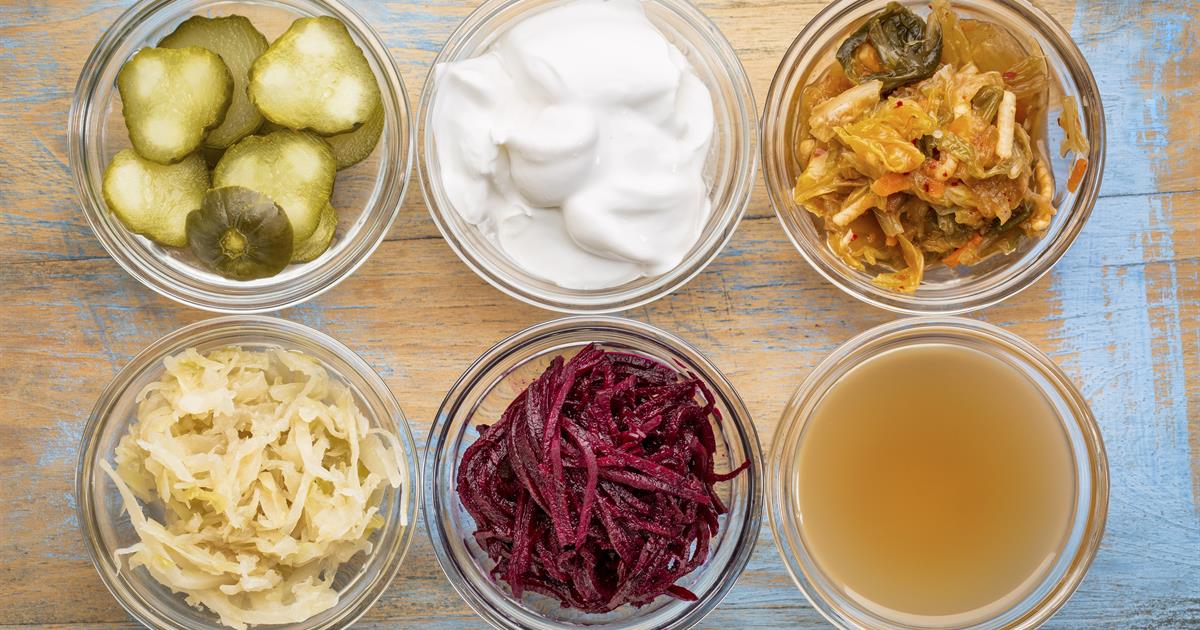Treatment For Peptic Ulcer Disease
Peptic ulcer disease is defined as sores that can develop in the stomach, small intestine, or esophagus. Ulcers that develop inside the lining of the stomach are classified as gastric. Duodenal ulcers occur on the first section of the small intestine, called the duodenum.
Peptic ulcer disease can occur due to a bacterial infection or long-term use of nonsteroidal anti-inflammatory medications. A typical effect of peptic ulcer disease is a burning sensation in the area between the breastbone and belly button. Other symptoms could include vomiting, bloating, heartburn, early satiety, lack of appetite, and weight loss. In severe cases, ulcers will cause bleeding. As unpleasant as peptic ulcer disease sounds, it can be treated. Here are some ways to overcome it.
Antibiotics

One of the most common causes of peptic ulcer disease is the presence of Helicobacter pylori bacteria. If H. pylori are found in a patient’s digestive tract, one of the major options doctors will recommend for treating peptic ulcer disease is the use of antibiotics to kill H. pylori. Some of the common antibiotics doctors will recommend for this include tetracycline, amoxicillin, metronidazole, and tinidazole. The specific antibiotics doctors choose for each patient are determined based on where the patient in question lives and the current antibiotic resistance rates. When antibiotics are chosen, patients typically need to take them for about two weeks, at least to start, to clear up peptic ulcer disease.
Discover another aspect of treating peptic ulcer disease now.
Antacids

Although antacids cannot heal peptic ulcer disease completely, doctors often recommend patients include an over the counter antacid in their medication regimen for treating peptic ulcer disease. The reason for this is because antacids can help neutralize stomach acid and as a result, rapidly relieve pain. However, patients shouldn’t take an antacid for peptic ulcer disease with consulting a doctor, as some antacids can interact with certain antibiotics and reduce their overall effectiveness (on both sides). Thus, patients should ask their primary doctor to recommend an appropriate antacid to go in combination with their antibiotics and other medications for the best results.
Continue reading to reveal another way to treat peptic ulcer disease effectively.
Proton Pump Inhibitors

Doctors often recommend patients take medications to block acid production and promote peptic ulcer healing. These medications are otherwise known as proton pump inhibitors, and they reduce stomach acid by blocking the parts of cells that produce the acid from being active. Options for proton pump inhibitors have both prescription and over-the-counter varieties, and include rabeprazole, pantoprazole, esomeprazole, lansoprazole, and omeprazole.
Patients should be aware, however, that taking proton pump inhibitors for long periods, particularly when they have a high dose, are at an increased risk for fractures of the spine, wrists, and hip. Thus, patients may wish to consult with their doctor and see if a calcium supplement will help them reduce this risk.
Learn more about treating peptic ulcer disease effectively now.
Histamine Blockers

Doctors may also recommend acid or histamine blockers to their patients with peptic ulcer disease. These medications reduce the production of histamine, which is a chemical in the human body that signals the stomach to produce acid when necessary. By blocking the production of histamine, these blockers reduce the stomach acid released into the digestive tract. As a result, pain from peptic ulcer disease is greatly reduced. Furthermore, histamine blockers also provide some measure of healing when it comes to peptic ulcer disease. The histamine blockers doctors recommend include ranitidine, nizatidine, cimetidine, and famotidine. These are available both over-the-counter or with a prescription.
Keep reading to dive into the lifestyle treatments for peptic ulcer disease.
Stress Management

Stress has been linked to the development of peptic ulcers. According to a Danish health survey following 17,525 patients, those who have higher levels of stress saw greater chances of being diagnosed with peptic ulcers. Other than that, the connection between stress and peptic ulcers is still being investigated. Of course, having a medical condition doesn't mean you should let it take a toll on your mental health. There are various stress management techniques individuals with peptic ulcers can use to help cope with stress.
Be mindful, however, the way to manage stress varies depending on the individual. For instance, some learn how to deal with their issues by practicing meditation. Others use breathing exercises and yoga to relieve stress. If that doesn't work, you can speak with a mental health professional. Alternatively, try talking about your condition with a person you already know and trust. If you can, steer clear of circumstances that are contributing to your stress and try to focus on the bright side of things.
Read more about treating peptic ulcer disease naturally now.
Sufficient Sleep

Getting sufficient sleep is important for many reasons concerning the human body. In fact, it is believed getting more sleep may reduce the risk of peptic ulcers. Sources suggest not getting enough sleep may lead to stress. A 2009 survey consisting of 14,290 men and women revealed participants who received seven hours of sleep were more likely to develop peptic ulcers than participants who rested for more than nine hours.
Many individuals tend to have trouble falling asleep. You can come up with a bedtime routine before hitting the sack. It can be any activity that will make you tired.
Don't drink anything that includes caffeine such as tea, soda, and coffee at least six hours preceding your bedtime. In addition, it's recommended to avoid taking naps in the afternoon. Another tip is limit the amount of light that comes into your room. Use darker curtains for your window. Light inhibits the release melatonin, which is a hormone thought to play a role in the regulation of the sleep-wake cycle.
Get to know the next treatment option for peptic ulcer disease now.
Consume A Balanced Diet

Another natural remedy for treating peptic ulcer disease is to consume a balanced diet. This means you should eat foods that provide your body with vitamins, minerals, and antioxidants. In particular, it is advised patients with peptic ulcers add more foods containing vitamin C to their diets. Studies suggest individuals who lack vitamin C in their system are more prone to infection by Helicobacter pylori, the bacteria responsible for peptic ulcers.
To name a few, foods with a high content of vitamin C are green bell peppers, kiwi, cantaloupe, strawberries, and broccoli. Be careful with citrus fruits like oranges and lemons as they are acidic and may cause increased production of stomach acid. Additional nutrients that may help with peptic ulcers are zinc, B vitamins, vitamin A, and vitamin E. Eat more foods that are high in these. Stay away from alcoholic and caffeinated beverages. Also, avoid foods that are spicy, fried, or fatty, as they may contribute to inflammation.
Keep reading to reveal more lifestyle treatments for peptic ulcer disease now.
Include Foods With Probiotics

The diet for peptic ulcer disease should also include foods with probiotics. It is said probiotics can help reduce the growth of H. pylori. Probiotics are referred to as 'good bacteria' as they are believed to boost the immune system.
Several probiotics that have been studied to treat H. pylori are Lactobacillus, Bifidobacterium and Saccharomyces boulardii. Lactobacillus and Bifidobacterium are naturally found in the organs of humans and animals. Saccharomyces boulardii, on the other hand, is yeast first extracted from the skins of mangosteen and lychee fruit in the early twentieth century.
When shopping at the supermarket, look for fermented foods such as pickles, olives, sourdough bread, and sauerkraut. The use of dairy products with peptic ulcers is controversial. However, some of the products like yogurt, kefir (made from fermented cow's milk), and cottage cheese are thought to help with the condition since they are good sources of probiotics. A recipe you can try is kimchi, a dish consisting of fermented vegetables.
Get to know the next lifestyle treatment for peptic ulcer disease by reading more now.
Eliminating Consumption Of Milk

Treating peptic ulcer disease could involve eliminating the consumption of milk. Milk can cause the ulcers to become more irritated by boosting the production of acid in the stomach. Individuals are divided on the topic of using milk for the condition. In the past, it was suggested treatment for peptic ulcers should include drinking lots of milk, as the beverage was considered helpful for healing peptic ulcers. Also, it was thought the alkalinity in milk would neutralize stomach acid. However, later research has shown milk has no healing effects on ulcers. While milk could help ease the pain for a very brief period, there is no evidence it will heal ulcers.
Several sites suggest individuals will be on the safer side by drinking low-fat or fat-free milk instead of whole milk. You can speak with a doctor on whether this could be an alternative to getting rid of milk altogether.